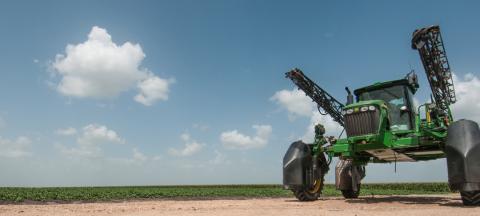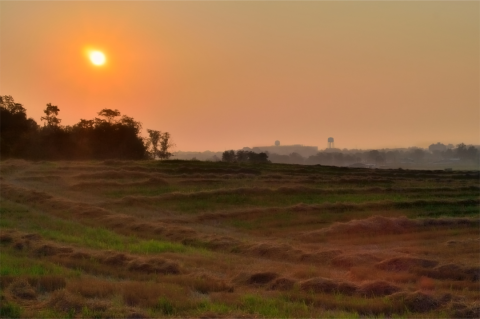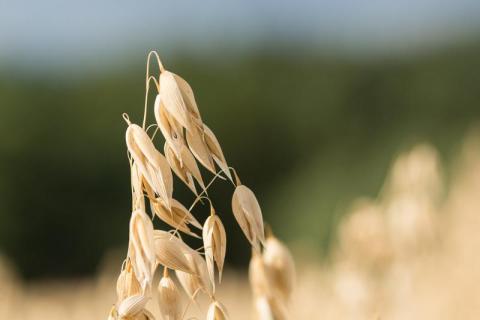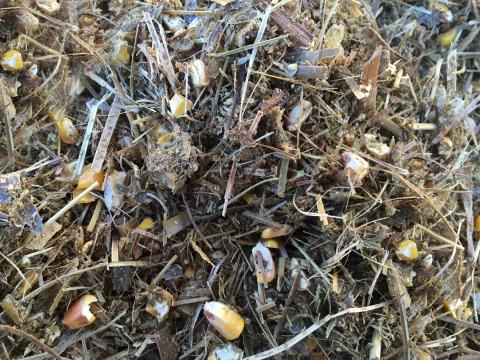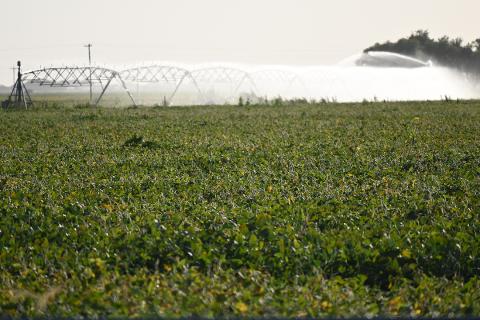Webinar to Highlight New Spot Spray Technology on Sept. 6
August 21, 2023
This free webinar will help producers and ag professionals learn more about utilizing new ag technology that enables site-specific weed management in crop production.
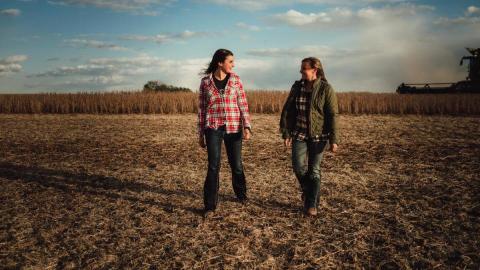
Finding Balance: Nebraska Women in Agriculture Webinar
August 18, 2023
Three Nebraska producers discuss challenges they face both in and outside the workplace in this conversational webinar, presented by the Center for Ag Profitability and Nebraska Women in Ag.
Emerging Issue: Hot and Dry Finish to August
August 18, 2023
Nebraska will experience above-average temperatures next week, and with meager to no precipitation anticipated, the heat will undoubtedly have an impact on rainfed crops that are stressed or on the verge of stress.
USDA NASS to Collect 2023 Small Grain Production and Stocks Data
August 18, 2023
During the first two weeks of September, Nebraska growers of wheat, oats, barley and rye will be asked to share their acreage, yield and production data, to be utilized by USDA for administering federal farm programs.
Drought-stressed Corn: A Feed Opportunity
August 18, 2023
When grain harvest of drought-stressed corn won’t be a viable option, it can be utilized in several other ways with careful management and care in feeding.
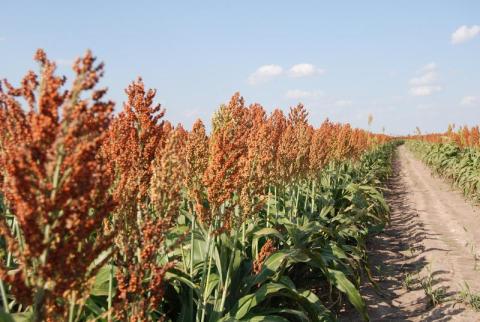
Nebraska Crop Production Report for Aug. 1, 2023
August 18, 2023
Nebraska's sorghum production expanded exponentially in 2023, increasing 207% over the prior year, with crop acreage up 76%.
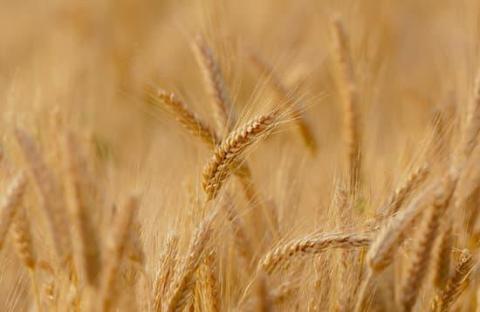
Crop Progress: Winter Wheat, Oat Harvest Wraps Up in Nebraska
August 18, 2023
As of Aug. 13, harvest for winter wheat was at 97% complete and oats, 89%. Crop conditions remained stable from the prior week.
Optimize Those Last Few Irrigations
August 17, 2023
Leaving the field a little drier at the end of the season can help producers save irrigation costs, decrease leaching losses, improve soil conditions for harvest traffic, save water for future years and capture more off-season precipitation.


